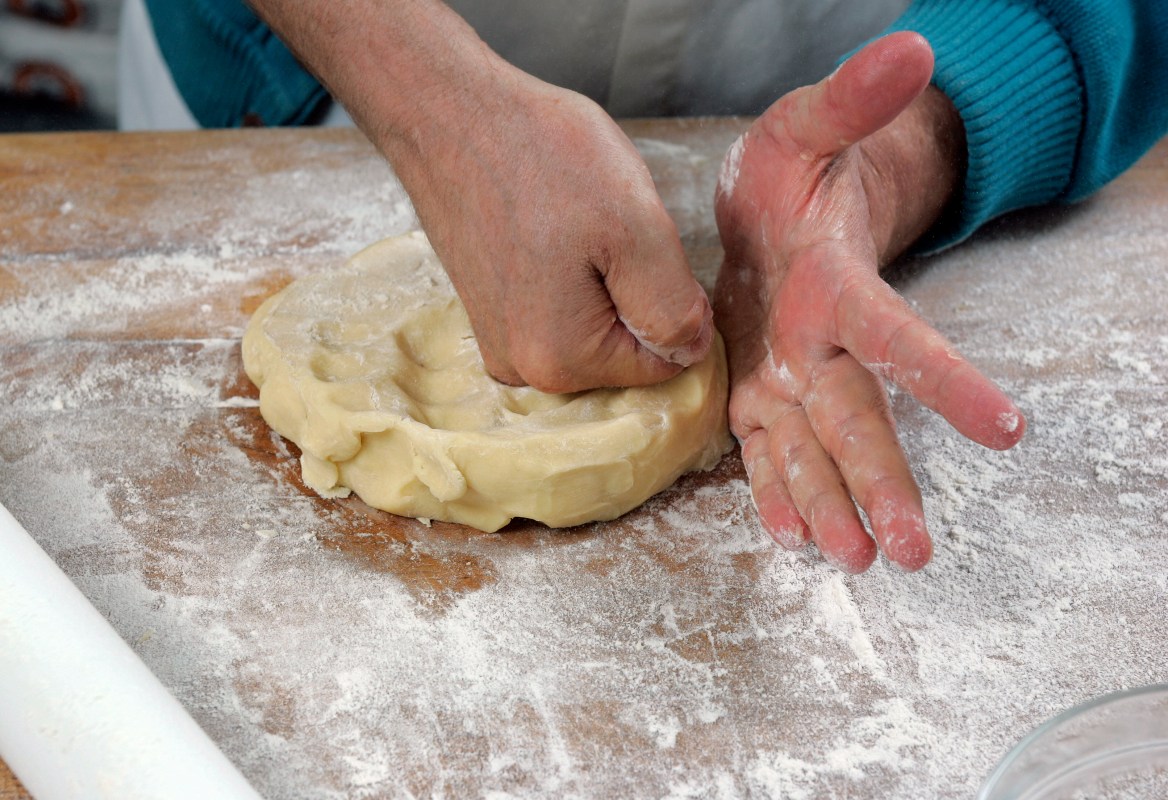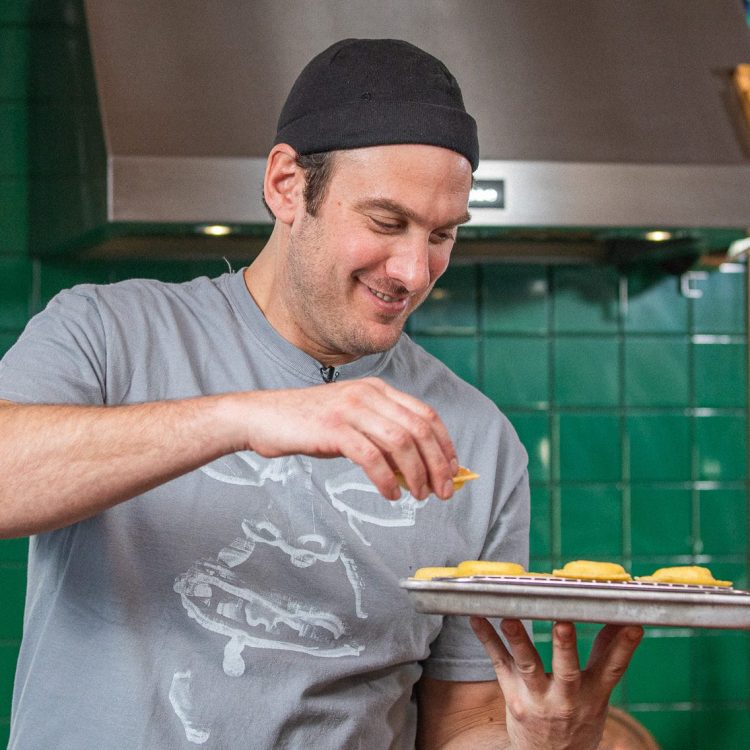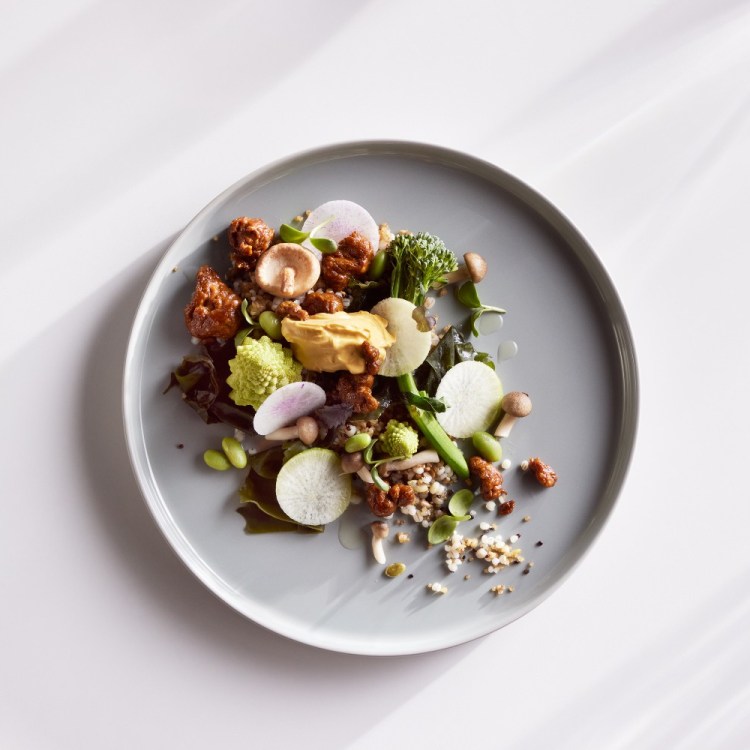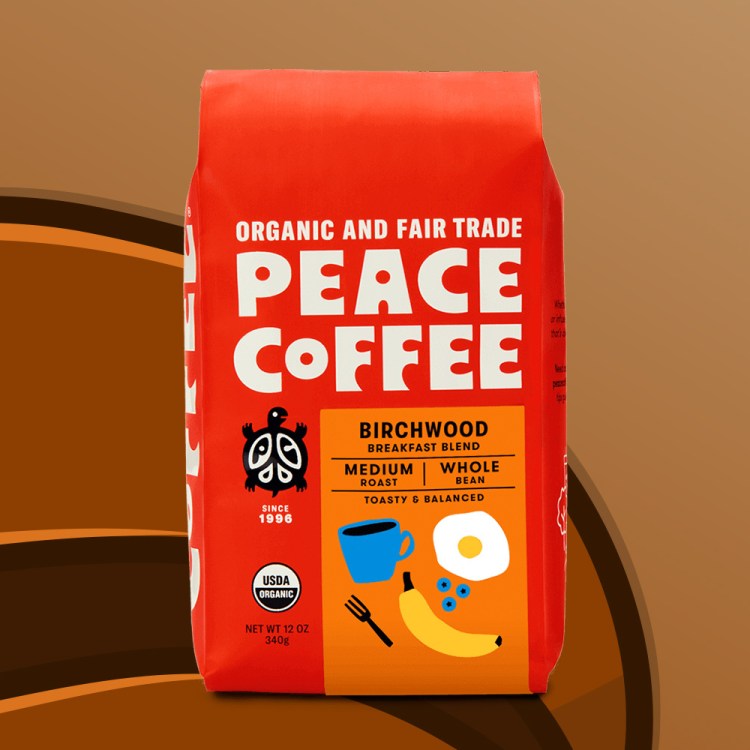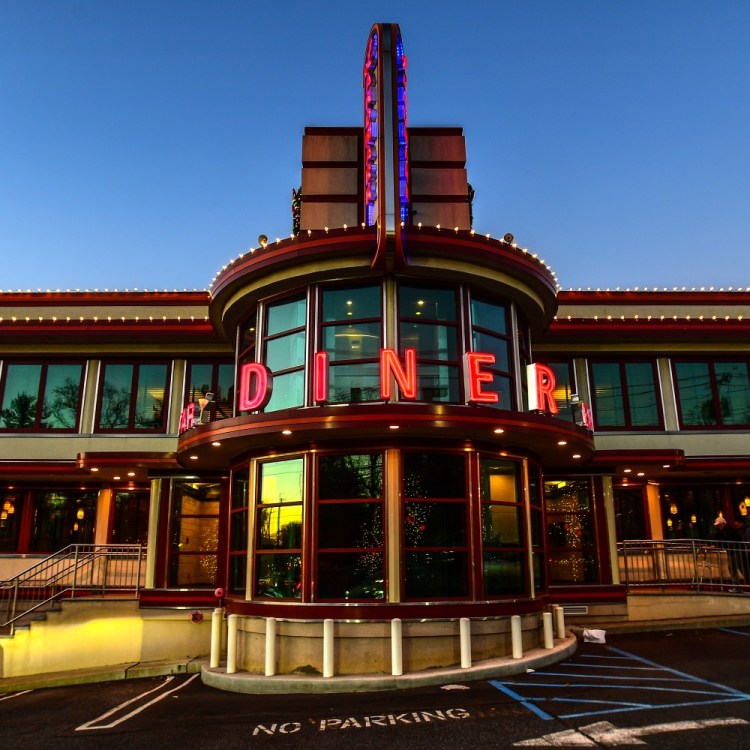Until fairly recently, Vallery Lomas had two careers. By day, she worked as an attorney for New York City, and by night — and mornings, and whatever times she could reasonably squeeze into her schedule — she traded in her suit and briefcase for an apron and stand mixer.
“I would wake up in the morning and bake something, maybe do a photo shoot and try to leave to be in and work at 9:30 a.m. But if I was in the middle of a scene I wasn’t going to abandon it — there were definitely days I was late for work because the scene I was shooting kept evolving,” Lomas tells InsideHook. On her 45-minute commute into the office, Lomas edited photos and wrote out Instagram captions. At lunch, she’d swing by the grocery store to pick up supplies for her next shoot. “There was really no end, no set amount of time,” she says. “It was kind of like I didn’t have any free time.”
So earlier this year, Lomas made the decision to step away from her legal training and become a full-time culinary professional. If you know Lomas’s name, it’s probably because you’re familiar with her bright, stylish blog Foodie in New York, or perhaps you’re aware that Lomas is the American baking champion that audiences never got to meet. In 2017, Lomas appeared on and won The Great American Baking Show, but the show was canceled after the premiere and never ran thanks to sexual harassment allegations appearing against one of the season’s celebrity judges, Jonny Iuzzini. Lomas was left in the lurch, having fought her way to the winner’s circle only to be robbed of the public acknowledgement she should have gotten.
Despite the setbacks, Lomas is nothing if not resourceful and committed. She used the momentum from Baking Show to build more recognition in the culinary world, and to gain a bigger following on social media. But in 2018, she reached a crisis point. Doing two careers was just too much. She had reached this point before: in 2011, she briefly started a business baking and selling macarons but quickly realized she couldn’t keep up the baking pace while maintaining her full-time law job, so she scaled back. This time around, she decided to go the other direction.
“I had all these goals to shop and sell a book proposal, and I couldn’t keep going to work and giving my job the best nine hours of my day,” Lomas says. “To me it was a pretty wild decision. I left before I had anything lined up. I knew I wanted those hours.” Now, Lomas is working on recipes for her first cookbook and spends every day working on her baking.
Leaving a high-stress, high-powered career like law for the world of baking might seem like an unusual move, but Lomas is far from the only one who has made that decision. Maury Rubin, the founder of City Bakery, left a career producing and directing television at ABC Sports to found his cafe and bakery in 1990. The City Bakery is now 28 years old and counts locations in Japan and Detroit. Candace Nelson, the founder of the near-ubiquitous cupcake chain Sprinkles Bakery, started her foray in baking after leaving a job in investment banking.
Is there something particular about baking bread and making pastries that appeals to the same kind of personality that gets drawn to, say, investment banking, television producing or law?
Nelson got into the pastry world after the dot-com bubble burst in 2001. “Most of my peers decided to bide their time by going to business school, but I decided to pursue my love of baking and attend pastry school instead,” she says. “In school, I realized I loved working with chocolate and butter and creating delicious things so I felt compelled to make a permanent switch.” From there she applied many of the things that had served her well in her previous career to build a cupcake empire, complete with a cupcake ATM and a spot producing and judging the Netflix baking show Sugar Rush. She’s also entered the savory baking space, opening Pizzana, a Neo-Neopolitan pizza restaurant with two locations in Los Angeles.
“An ability to work hard and endure long hours was critical in both investment banking and running a bakery or restaurant,” Nelson says. “I know my personality type is better suited to pastry because I’m methodical and like to work in a quiet space versus a hot kitchen where chefs have to multitask and work in hectic, high-pressure situations.”
The divide between pastry chefs and culinary chefs is one that’s long been played up, but there are certainly qualities that apply particularly well to baking. Precision, the ability to keep track of many details at once, and fluency with spreadsheets, for example, come in pretty handy in the baking world, too. Martin Phillip, the head baker at King Arthur Flour, started his career in corporate finance before moving with his family from New York City to Norwich, Vermont, to become an entry-level baker for the company. His theory is that a certain knack for numbers and ratios makes people naturally good fits as bakers, and is perhaps what draws career-changers from other high-pressure fields.
“The best home bakers are usually engineers — no joke,” Phillip claims. “There were hard skills which translated well from finance. In bread making, professionals use Excel for formulations and formula design. That, plus being able to work in spreadsheets well was a boon to a certain degree.”
But Phillips also thinks his previous corporate career was useful in the kind of contrast is provided to the one he has now, pointed out what he felt was missing from his life.“The bigger thing that finance offered was a view into something that wasn’t a good fit for me,” he says. “There were several points where I had a Christmas Story moment and got to see the ghost of Christmas future. I didn’t like what I saw of the person I might become. I don’t mean anything against those who can do the work, I was just glad I landed in a place that more closely aligns with my values regarding the environment and the communities around us.”
As for Lomas, the time she put into her legal career ends up helping some parts of her work as a food writer, recipe developer and baker, too. “I have come to accept that being a lawyer is just a part of who I am now. The way that I think, the way I approach problems, the way I insist on going to primary sources for information, that is all very lawyerly,” Lomas says. “I think also lawyers are just very thorough. When it comes to something like developing a recipe, it’s useful to have that quality.”
In some ways, of course, a new career is just a new career. There are parts of your life and experience you bring with you no matter what you do next, and parts that are helpful and unhelpful. “With law, as an attorney, you’re an advocate. There’s what the law says and what angle you can use to make it best for your client,” Lomas says. “With baking, it tastes good or it doesn’t. There’s no finding that angle to make a winning argument.”
But on the other hand, bakers, whether they’re career changers, hobbyists or born pastry-makers, do have one thing in common: They love to share. Baking a tray of brownies or perfect macarons for yourself isn’t as satisfying as being generous with your work, and if you bake in volume, it’s impractical. Many bakers turn to the oven to return to their roots, like Phillips did. It’s a way to regain touch with your sustenance, and the way that it was made traditionally. And it forces a kind of patience that in a hyper-connected world can be a real relief. “To see the miraculous transformation of flour, water, salt and yeast into a blooming loaf in the space of an afternoon is something that we all should take the time to experience,” Phillips says.
Baking and pastry are arts that require attention to detail, sure, but they’re also about fostering a community in a way others professions can feel alienated from.
“It’s a way to connect with other people,” Lomas says. “Cooking is something to nourish us, and something you have to do constantly. Baking is really extra. It’s something you can do to celebrate and to share with people. I tend to have a kindred spirit with people who bake.”
Join America's Fastest Growing Spirits Newsletter THE SPILL. Unlock all the reviews, recipes and revelry — and get 15% off award-winning La Tierra de Acre Mezcal.
